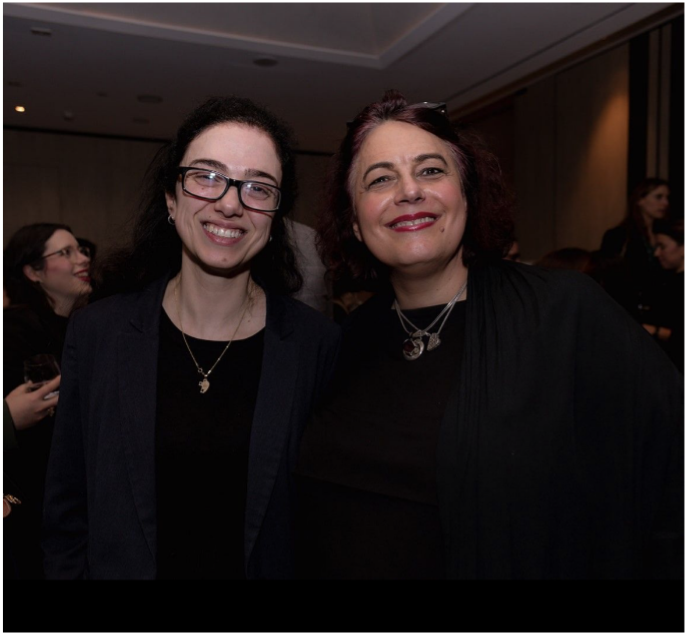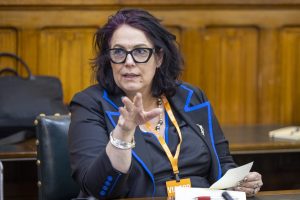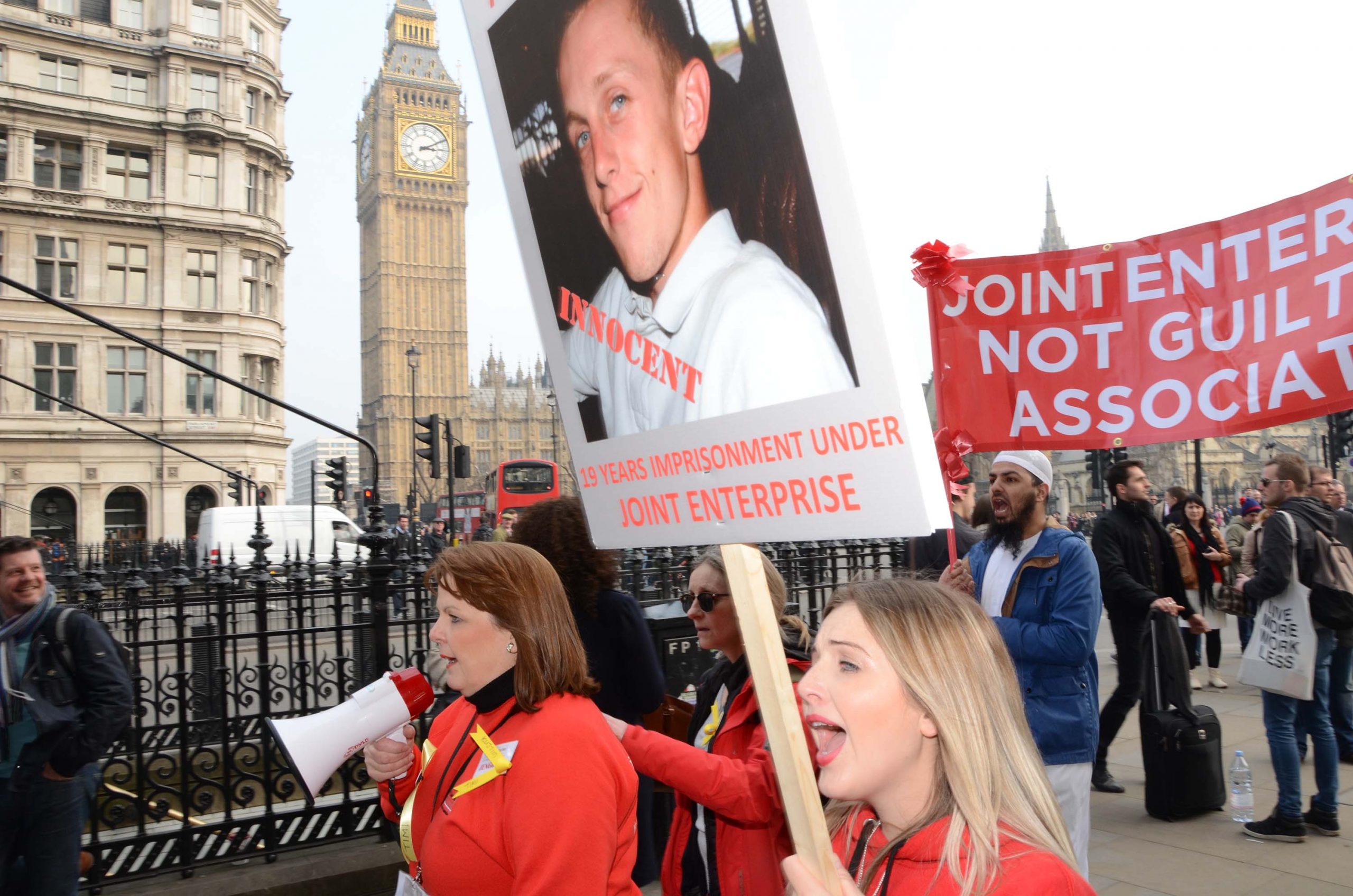Felicity’s note: In this article, Victorian barrister, Elarya George writes on the importance of mentorship (and friendship!). Mentoring the next generation of lawyers is something that I am deeply passionate about. I have spoken (and written) frequently about my own path to the Bar, as someone who dropped out of school at 15 to ride horses, and the significance of both formal and informal mentoring and networking opportunities across my career. I try to ‘give back‘ as much as possible and I think mentoring is especially important for those, like me, who have a non-linear path or for those who belong to demographic groups typically underrepresented in the law.
The one thing that my dad always told me: you will never beat the experience of those around you, so listen.
To this day it is still ringing in my ears.
Growing up in an Egyptian household we were always taught that you must obey your parents. If you were anything like I was as a child, being loud and opposing my parents was something I did a lot. However, as a teenager I started to learn to listen to my parents. In fact, it was my father who guided me into the law and then to the Victorian Bar. He never steered me wrong.
Ironically, my father was not a lawyer, but a machine operator working in a factory. He is still, the wisest person I know.
Prior to coming to the Bar, I worked at a local suburban firm out in Ringwood (an eastern suburb of Melbourne). The idea of going to the Bar had just popped up in my head and I started to consider studying for the exam. I was working as a criminal law solicitor in a private paying firm. I received a referral from a colleague who heard about an accused person in custody on the trafficking of drugs. By that time I met a barrister who I had a good relationship with and I asked for his help.
The matter was an indictable matter. The majority of my experience was only in summary crime. It was safe to say that I was a bit out of my depth.
I arranged to speak with the client in custody and obtain his instructions to run a bail application. I briefed the Barrister with whom I was in contact with. He ran the Magistrates’ Court bail application. After three hearings, the application was refused. I was then instructed to apply for bail at the Supreme Court. Working at a private firm, the client had no money to fund the bail application at the Supreme Court so I took it upon myself to work on the matter on a pro bono basis. I briefed the same Barrister who was happy to appear and work on the matter pro bono.
We started to go through the client’s instructions once again. The Barrister rang me one day and indicated that there might be a modern slavery issue and that we need a Queen’s Counsel (as it was known at the time) to step into the matter. He told he that he had someone in mind who was an expert and would be willing to work on the matter on a pro bono basis.
And that is how I met my senior Mentor and good friend, Dr Felicity Gerry QC (now KC).
I worked with Felicity and – I guess now I can reveal the other barrister’s name – Paul Kounnas on the matter of Re Boo [2020] VSC 882. This bail application was also one of, if not, the first-time modern slavery was argued in a Victorian Court. Felicity has now written about this case in other articles referencing modern slavery given the lack of education on the topic.
Watching both Felicity and Paul advocate on behalf of Mr Boo took me back to every girl’s favourite law movie Legally Blonde – only they were better.
I was in awe of them both.
I knew Paul was good because I watched him in the original bail application. It was Felicity who surprised me, I had never seen a barrister politely object to the Prosecution’s questioning. I still remember it. Felicity interrupted and said:
“May it please the Court, my apologies for interrupting…”
Felicity’s model of advocacy, along with Paul’s, was the kind of advocacy I wanted to model myself too. They were an extremely good team. Both have shown me how to fight for the accused’s rights whilst also being kind and respectful to others.
I was really impressed on that day and decided to take them on as a role model for me. I stayed connected with Paul Kounnas after that. I told him of my intentions of coming to the Bar and he offered to mentor me. It took a while for me to pass the exam. Back then it was difficult to pass. It took me three attempts. When I look back now, it was in fact the right time to go to the Bar as the economy was recovering from COVID. As soon as I passed, I knew that Paul was going to be my mentor.
By that time I lost contact with Felicity and I was wondering who to ask to be my senior mentor. I was told that I needed a female senior mentor, and so I decided to get back into contact with Felicity, who said yes.
Throughout my time in my reading period, I got to know both Paul and Felicity. I managed to stay connected with them. Their guidance helped me to grow in both my legal knowledge and advocacy skills in ways that I didn’t know I could reach. I ultimately completed a trial where I was lead counsel before my first year at the Bar was out. What I didn’t know was that the trial overall was a successful trial, one where the result obtained was almost impossible. I would have to give a shout out to Felicity, Paul and most importantly my co-counsel Daniel Dober (whose support and knowledge also guided me throughout the hearing).
Felicity and Paul have not only supported and continue to support me through my professional life but they have also been a great support in my personal life, especially when times get difficult.
To be honest, I thought I was only going to get mentors during the reading period, little did I know I ended up with the best team who became my friends. To this day, even though I am almost three years call to the Bar, I still stay connected with them (especially when I feel I’ve made a mistake!).
I know one thing, and it is I will always need a mentor because you cannot beat the wisdom and experience of those who have been called to the Bar for a longer period of time.
It is thanks to Paul and Felicity, that I now go out of my way to show the same kindness and mentorship to other junior lawyers and high school students wanting to come to the law or to the Bar.
To be honest, not many barristers got what I managed to get out of this mentorship. Having a mentor to show you the way is the pinnacle of every profession and in fact life itself. It is like the saying goes: if we don’t learn from history, we will simply be repeating or worse. We learn best from others who have had the experience before us.
I encourage you all to pick someone that you can look up to and learn from.
And to all those who have taken the time to mentor me through my journey, what I have to say is: Thank you.
About the Author
 Elarya George is currently a Barrister at the Victorian Bar. She was called to the Bar in 2023. Prior to being called to the Bar, Elarya practiced as a solicitor at multiple firms and then was Principal of her own firm Georgie’s Law. Elarya has practiced predominantly in criminal defence. Since coming to the Bar, Elarya has practiced in both Prosecution and Defence work. Elarya was nominated as a finalist for the category of Barrister of the Year for Lawyer’s Weekly Women in Law Awards 2024. Elarya is interested in expanding her practice into migration law and administrative law. Outside the law, Elarya enjoys spending time with loved ones and travelling.
Elarya George is currently a Barrister at the Victorian Bar. She was called to the Bar in 2023. Prior to being called to the Bar, Elarya practiced as a solicitor at multiple firms and then was Principal of her own firm Georgie’s Law. Elarya has practiced predominantly in criminal defence. Since coming to the Bar, Elarya has practiced in both Prosecution and Defence work. Elarya was nominated as a finalist for the category of Barrister of the Year for Lawyer’s Weekly Women in Law Awards 2024. Elarya is interested in expanding her practice into migration law and administrative law. Outside the law, Elarya enjoys spending time with loved ones and travelling.



